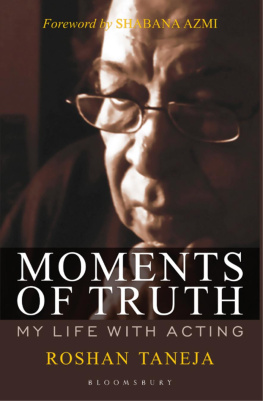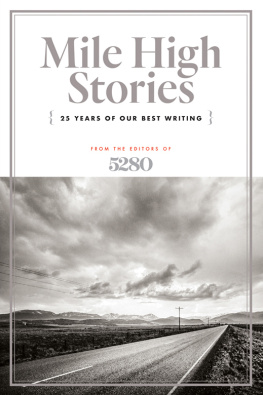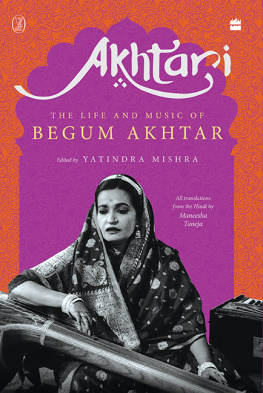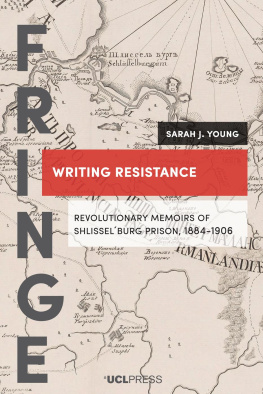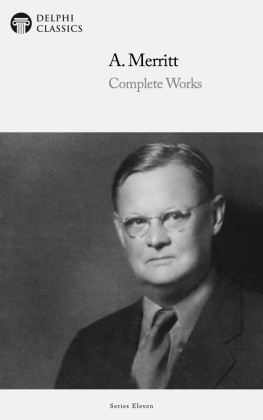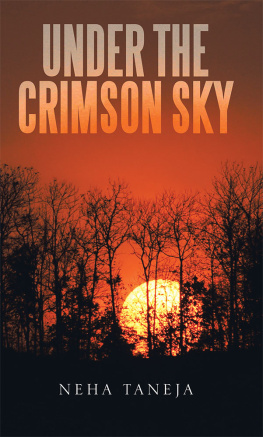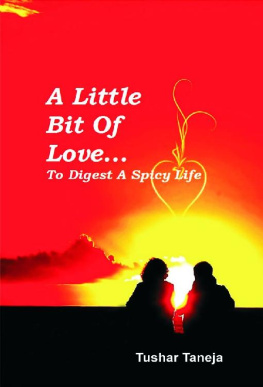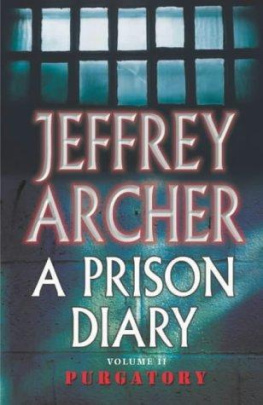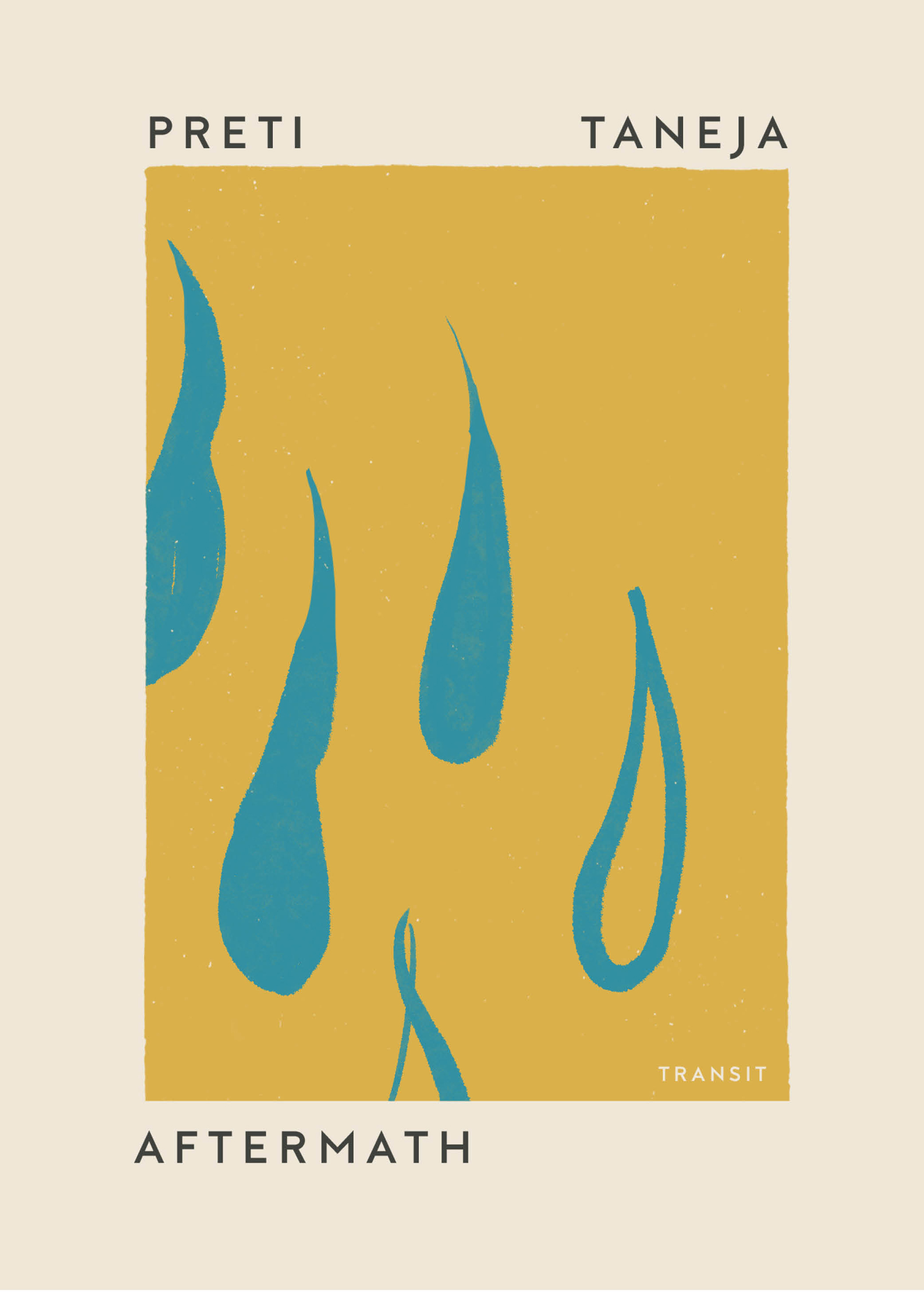Contents
Guide
Pagebreaks of the print version
AFTERMATH
Preti Taneja

Published by Transit Books
2301 Telegraph Avenue, Oakland, California 94612
www.transitbooks.org
Copyright Preti Taneja, 2021
ISBN: 978-1-945492-54-9 (paperback) | 978-1-945492-58-7 (ebook)
LIBRARY OF CONGRESS CONTROL NUMBER: 2021942663
COVER DESIGN
Anna Morrison
TYPESETTING
Justin Carder
DISTRIBUTED BY
Consortium Book Sales & Distribution
(800) 283-3572 | cbsd.com
Printed in the United States of America
9 8 7 6 5 4 3 2 1
All rights reserved. This book or any portion thereof may not be reproduced or used in any manner whatsoever without the express written permission of the publisher except for the use of brief quotations in a book review.
How long
can I lament
with this depressed
heart and soul
how long
can I remain
a sad autumn
ever since my grief
has shed my leaves
the entire space
of my soul
is burning in agony
how long can I
hide the flames
wanting to rise
out of this fire
how long can one suffer
the pain of hatred
of another human
a friend behaving like an enemy
with a broken heart
how much more
can I take the message
from body to soul
I believe in love(and I know you do too)
I swear by love
believe me my love
how long
like a prisoner of grief
can I beg for mercy
you know Im not
a piece of rock or steel
but hearing my story
even water will become
as tense as a stone
if I can only recount
the story of my life
right out of my body
flames will grow
Fountain of Fire, Jalal al-Din Rumi (1207-1273)
TRANSLATED BY Nader Khalili
with Nick Cave refrain
I. RADICAL DOUBT
AN EVENT HAPPENS AND
It is a bright morning when the call comes. Everything becomes brighter: like a vision of a nuclear blast in a film. It is as if everything solid has broken into pieces. As if the world has cracked. It is a shivering, an unshakeable sickness. It feels like concrete in the stomach. Shattered and stark as ice on deep water, struck with a blade. Like being held under, lungs filling. Sorrow deep enough to drown in. And this is a failed attempt to say: it feels like being locked in a dark room, screaming. Alone and falling. The repetitive rhythm is not a glitch, it is an artefact of painrepeating. It feels like being constantly watched. It is an assault: it is a wailing. It is being forced into a nightmare without being allowed to sleep. It is everywhere, as if all the masks have dropped. It is living in the real and it is the remembered real. This is a shattering. A textbook version of trauma as an extreme clich. The silence after an echo of a stone, pounding. It is begging: no one hearing. Like losing a mind while breathing and smiling. Like a hand around the throat. Forced deeper into the wreck of it. A rage. Like raging.
This is the core of the atro-city. The outside world turned inwards.
There is so much violence. It is mainlining butterflies. It is swallowing nails. It is being hollowed. Scraped out. As if saturated with a secret that must only pour from eyes. The wind exists only as pine trees, moving. Trust, the elixir, seeps from our bodies. Always too far away to feel. We cannot stand. There is just skin and hair and fragile bone. It is like being stabbed from the inside. Being held under: struggling, still. Not wanting to move. Holding out a hand, finding nothing. Losing any grip. Being interrogated by buildings, by streets, by your absence, the air. Standing in silence. What is left? It is a heart, broken.
There is no syntax or simile to do justice to this. No metaphor.
As if to speak would be more violence.
It was as if I had lost language / been forced / to the outer edge of words
Left with a body that even Antigone
would refuse to hold in her arms
It is the immediate aftermath. I am living / at the centre / of a wound still fresh. the unthinkable has happened: it is here. I can only bear this body, these wordsheavy, in plea to others wordsas the I is not only mineit belongs to many
Ocean Vuong writes that metaphor in the mouths of survivors becomes a way to innovate around pain. But language locks in my throat. It is wrong to innovate around this pain. My limbs are frozen. Is it futile to dig for the roots of violence? I have nothing to dig with but my fingers, these primitive keys as words the only way in. Metaphor belongs to the Eurocentric sublime: it has no place in this brown skin (which has only ever been understood in relation to, as shadow is to light).
An event happens and happens and happens: this is a definition of trauma. Splintering trust in language. This is horror, and horror is piercing. This is terror, and it floods the synapses, freezing all response. Break to gesture. And the gesture of horror is hand over mouth. And the gesture of terror is the blade. And the gesture of trauma is hand over eyes. And the gesture of pain is head in hands. Do not see, do not speak, do not hear. There are acts of such vicious duplicity and damage they turn solid bodies into molten grief.
In moments of deep loss we become as children, trained to seek comfort in the old fairy tales: the fundamental good versus the fundamental evil. We crave the redemptive hope of the heros journeyin the old tradition of linear storyfrom when we are born we are immersedin this the dominant mythic; we wait for someone to deliver us
But my skin and tongue are dark. My mind made multitudes by history. Memory as paniwater as anagram of pain. I experience love through a porous border. I apprehend faith as the lack of it. Trust only as its loss. The body is grief, the body is guilt, the body is doubt, the body is the stateI must write it. I cannot skin myself. I am shattered: cannot put the pieces down. Cannot speak, cannot ask you to listen. It would be too much to hope for as the event has happened, and when hearing is a form of feeling.
Is it easier to write fiction, to represent?
An event happens and happens and happens, as wave after wave, breaking us. My blood turns on itself. I have always known whiteness / as splitting. I was schooled to know brownness as shame. The world as experienced keeps turning. I know that the quiet ones are inside us, waiting, ferocious and bound to harm.
Something has happened: I no longer believe in the potential of words to resist, to heal or to sing the horizon.
This is the heart of the country of radical doubt: the atro-city called home.
Its rules were written in the beginning. The ivory towers stare straight ahead. Their dizzying heights demand we do not look down. To the unsurvivable depths. Power covers its pale stonered as the autumn ivy cultivated to hidethe crumbling bricks. Its delighted beauty rises from these foundations: the organising fictions of gender and race. A class system: education, literature as structural harm. Cracking and breaking: law and order, cement of the atro-city walls. Some of its subjects are citizens, and all of us are its subjects.


